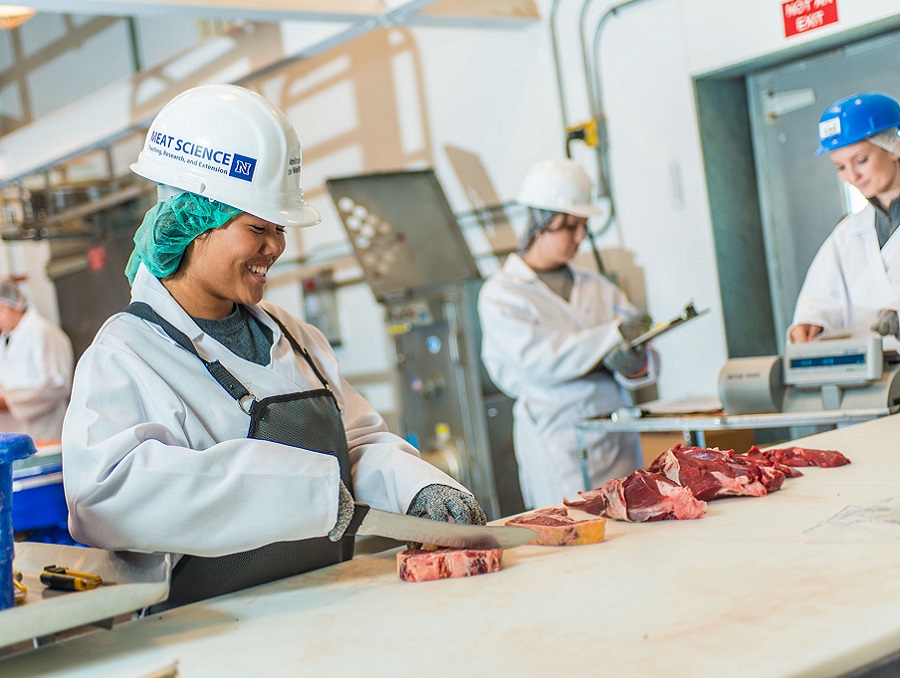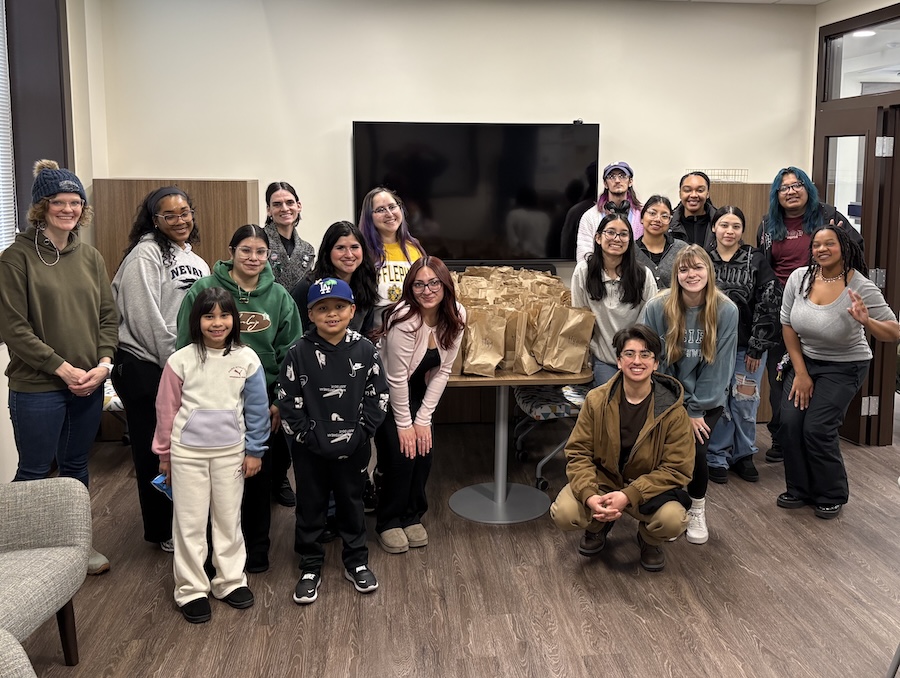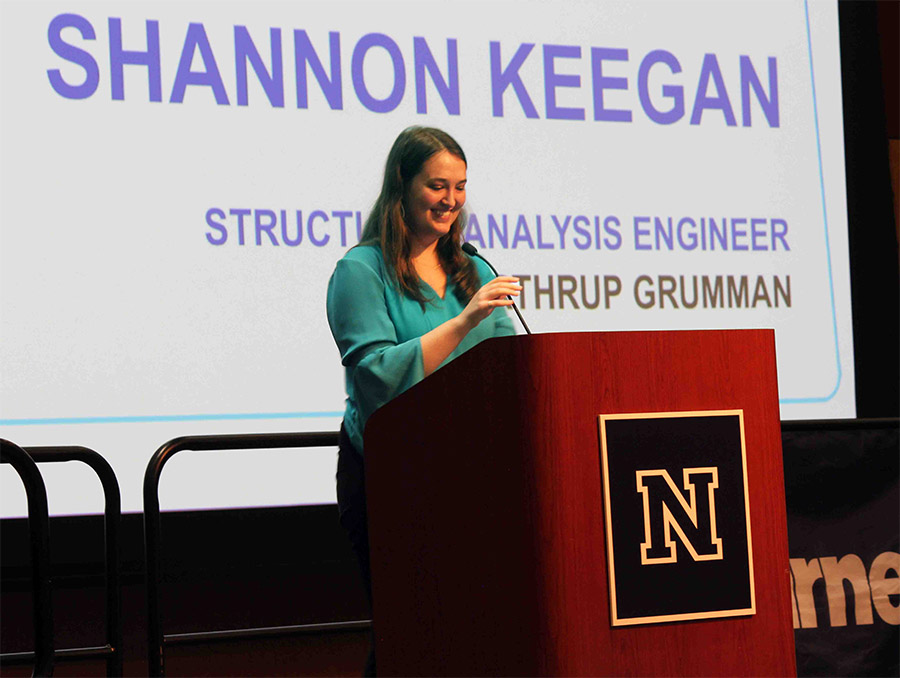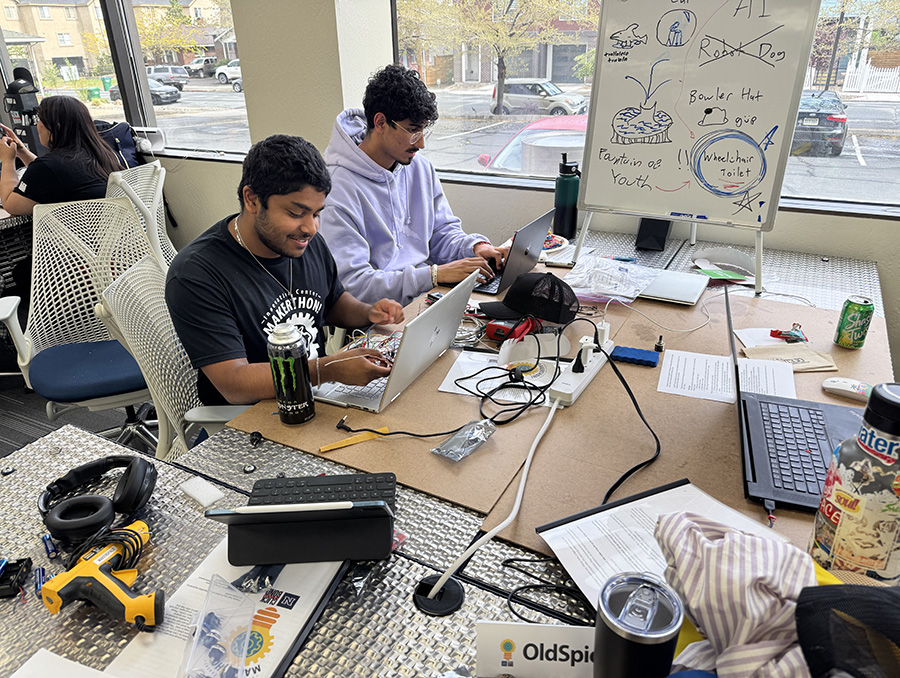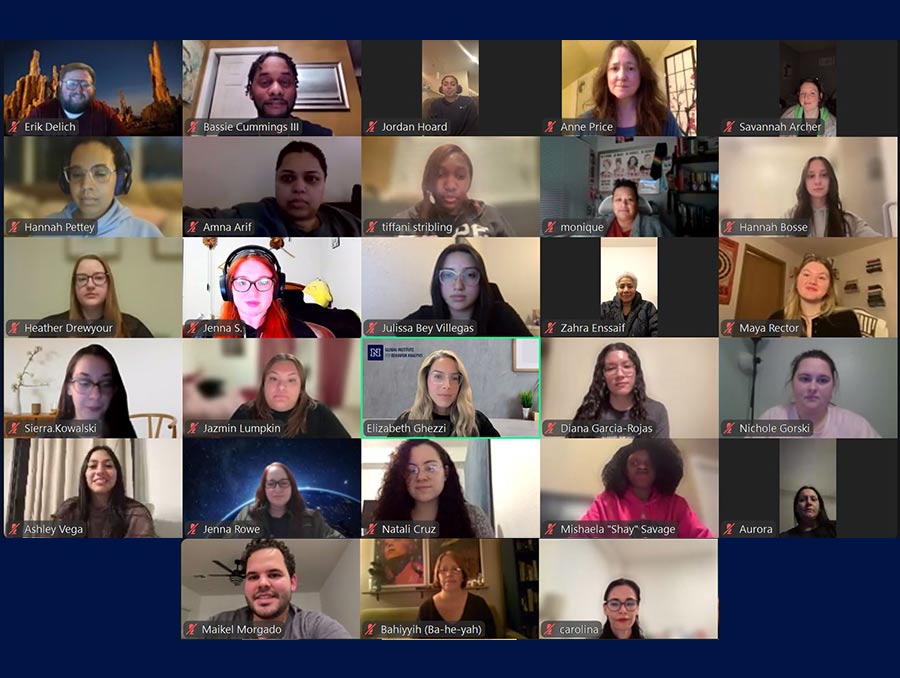A new grant awarded to the University of Nevada, Reno will help efforts to bring more sustainability to Nevada’s meat and poultry industry, providing more training to people who want to work in this vital supply chain for the nation.
The University recently received one of seven Meat and Poultry Processing Agriculture Workforce Training awards from the United States Department of Agriculture and its National Institute of Food and Agriculture. It’s part of a $4.5 million effort from the federal government given to learning institutions around the country.
The $650,000 grant for the University will be used by the College of Agriculture, Biotechnology & Natural Resources to enhance its current harvesting and processing training programs for the meat and poultry industry.
The program is a partnership with Western Nevada College. Through the college, students will be able to earn a certificate for the program and apply credits toward an associate degree. University of Nevada, Reno students may be able to earn a transcript endorsement for credits earned toward the bachelor’s degree they are pursuing.
Western Nevada College will be exploring the best format of instruction, including online, in-person and hybrid education for some of the credits needed for the program. The other credits for the program will include hands-on internship work at Wolf Pack Meats, which is part of the University’s Experiment Station unit; the University’s Extension Mobile Harvest Unit; or other Nevada meat- and poultry-processing plants.
"Ensuring our food supply is safe and sustainable is incredibly important to our region,” said Western Nevada College President Kyle Dalpe. “We’re proud to work with UNR and play a role in developing a skilled workforce for the meat and poultry industry in Nevada.”
Staci Emm, professor and Extension educator in Mineral County, said a goal of the program is to offer a high school-university dual enrollment program by its third year. Emm added that several high schools are in the process of building their own meat labs, which will facilitate the dual enrollment program.
“Students in high school will eventually be able to take classes in the program, and then apply those credits toward a college degree,” she said.
Program leaders are predicting 40 participants a year for the three-year program, equaling 120 graduates by 2026. It is estimated that at least 40% of these graduates would work in a Nevada meat-processing plant.
These programs tie into the USDA’s National Institute of Food and Agriculture’s stated goal to build a pipeline of highly skilled meat-processing workers, while also supporting fair wages and safe workplaces.
According to the USDA’s press release on its overall programs for meat- and poultry-processing businesses, the efforts will “make investments to increase independent meat and poultry processing capacity, expand market opportunities for farmers, and support a growing workforce in rural areas.”
For more information on these training programs, contact Emm at 775-945-3444, ext. 1039.
